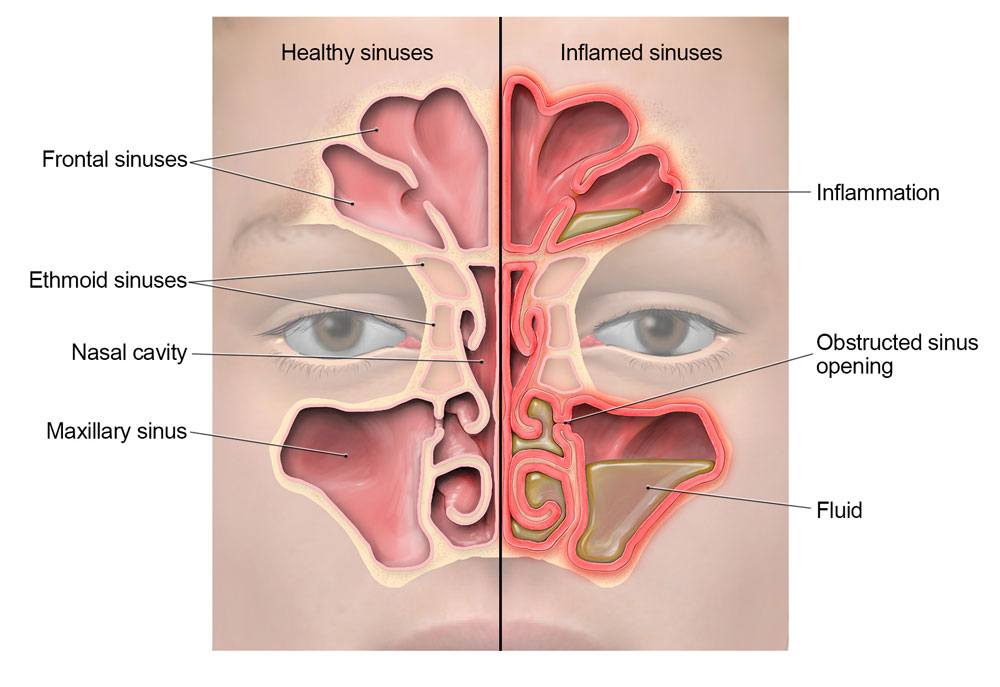What is a Sinus Endoscopy? Procedure, Benefits, and Recovery
Sinus endoscopy is a minimally invasive procedure used to diagnose and treat various sinus conditions. It involves inserting a thin, flexible endoscope into the nasal passages to provide a clear view of the sinuses. This guide will cover the procedure, its benefits, and the recovery process.


What is a Sinus Endoscopy?
A sinus endoscopy, also known as nasal endoscopy, is performed by an ENT (ear, nose, and throat) specialist to examine the nasal and sinus cavities. The procedure helps in diagnosing chronic sinusitis, nasal polyps, tumors, and other sinus-related issues. It can also be used during surgical interventions to remove obstructions or perform biopsies.
How is a Sinus Endoscopy Performed?
The procedure is typically done in a doctor’s office or outpatient setting and follows these steps:
Preparation: The patient is seated, and a local anesthetic or decongestant may be applied to reduce discomfort.
Insertion of the Endoscope: A thin, lighted endoscope is gently inserted into the nostrils to provide real-time imaging of the nasal and sinus cavities.
Examination and Diagnosis: The doctor examines the sinuses for inflammation, infections, polyps, or blockages.
Treatment (if needed): If required, the doctor may perform minor procedures like tissue biopsy, polyp removal, or fluid drainage.

Benefits of Sinus Endoscopy
Minimally Invasive: No incisions are required, reducing the risk of complications.
Quick and Painless: The procedure is typically completed within 15-30 minutes with minimal discomfort.
Accurate Diagnosis: Provides a clear and detailed view of sinus structures.
Immediate Treatment: Can be used for both diagnosis and minor surgical interventions in one session.
Recovery and Aftercare
Minimal Downtime: Most patients resume normal activities within a day.
Post-Procedure Symptoms: Mild nasal congestion or slight discomfort may occur but usually resolves quickly.
Aftercare Tips:
Avoid blowing your nose for a few hours after the procedure.
Use prescribed saline sprays to keep nasal passages moist.
Follow any additional care instructions provided by your doctor.
Conclusion
Sinus endoscopy is a safe and effective procedure that provides valuable insights into sinus health. Whether used for diagnosis or treatment, it offers a non-invasive way to manage chronic sinus conditions. If you need expert care, consider consulting a trusted ENT specialist to explore your options.
